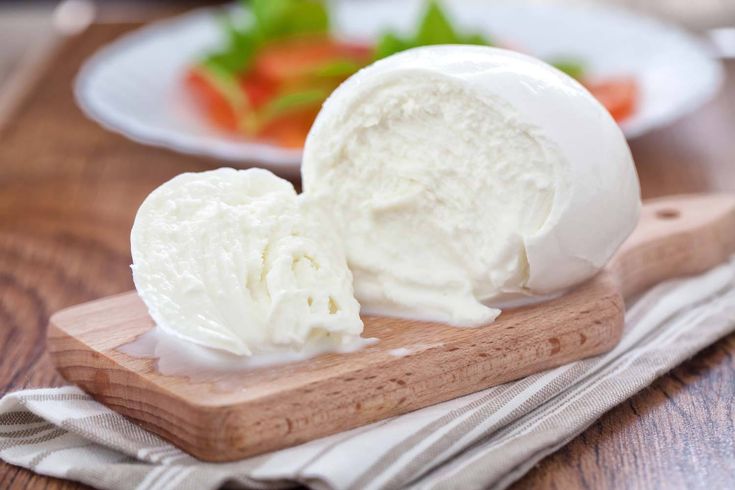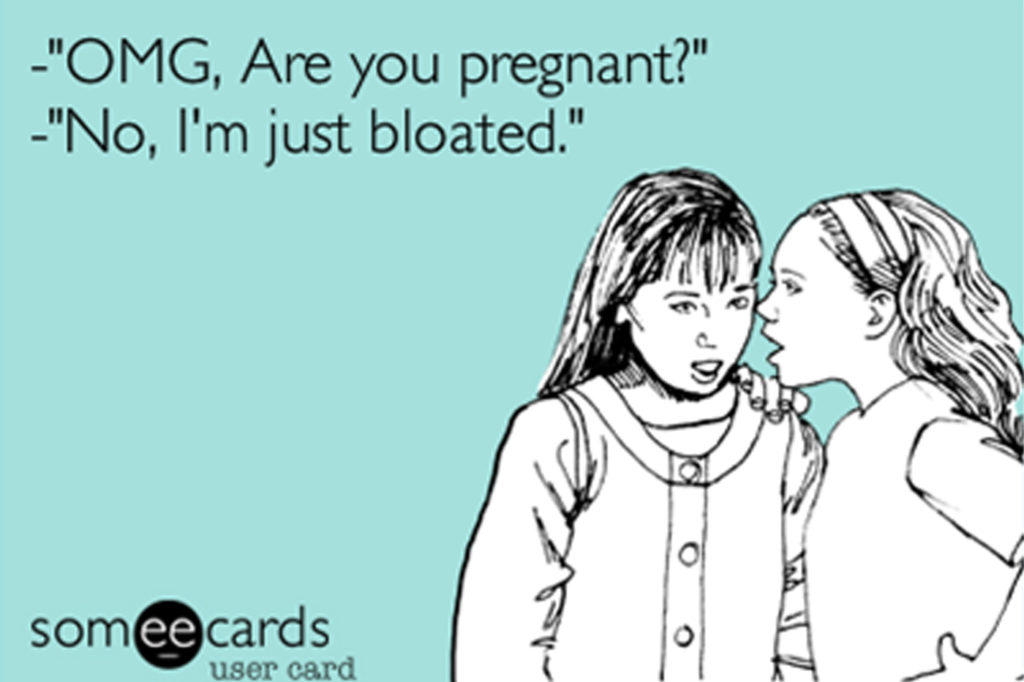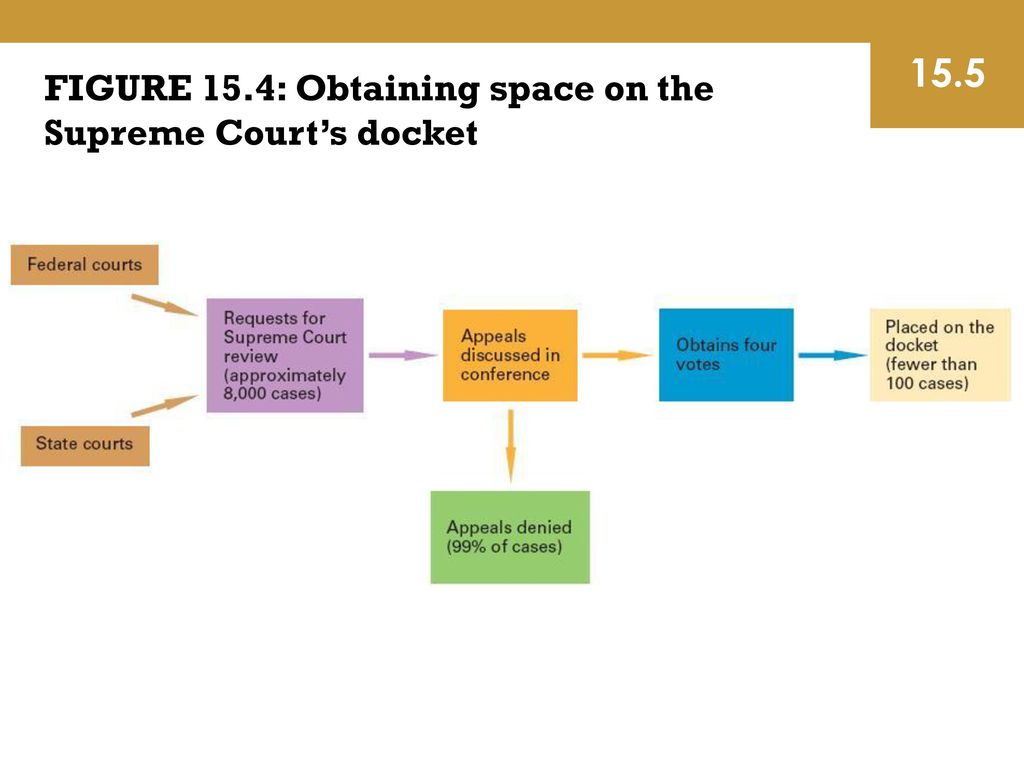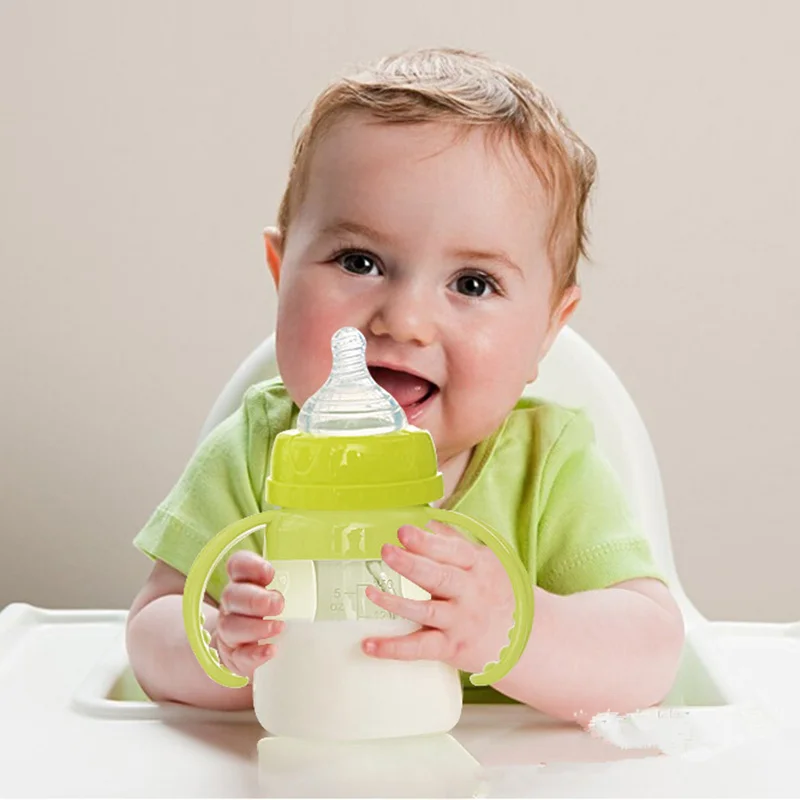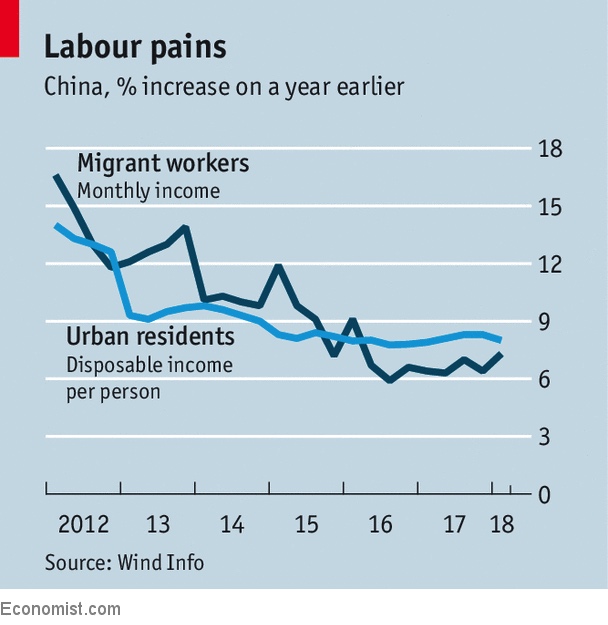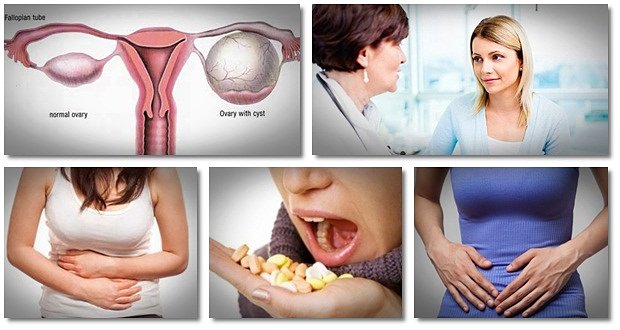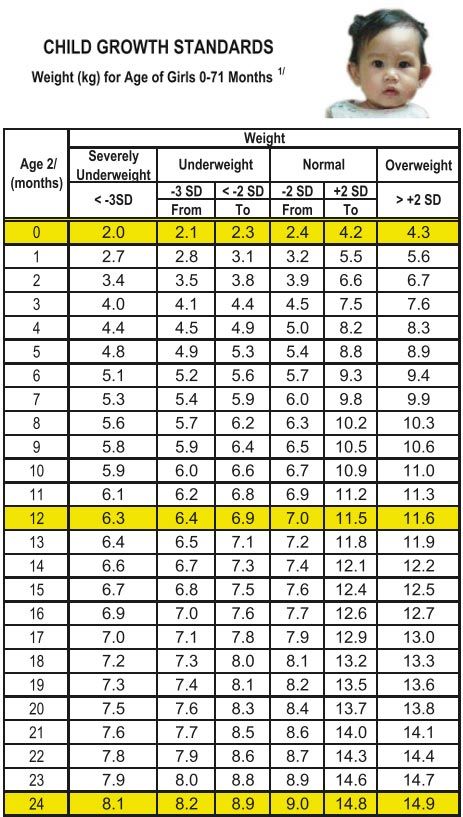Mozzarella cheese while pregnant
Can You Eat Mozzarella in Pregnancy? Isn’t It a Soft Cheese?
If you’re a cheese lover, the recommendation to avoid certain soft cheeses during pregnancy may feel downright demoralizing. No mold-ripened Roquefort, no fresh Camembert, no imported gorgonzola? What’s a cheese-ophile to do?
With some soft cheeses a no-go for 9 months, you may wonder if you can drown your sorrows in some stretchy mozzarella — only to hear buzz that fresh mozz might also be unsafe in pregnancy.
Fortunately, there’s good news about your favorite pizza cheese. As long as it’s made from pasteurized milk, mozzarella (even the softer fresh variety) is almost universally safe for you to eat while pregnant.
Keep reading for the lowdown on including it in your diet during pregnancy.
Remember your science lesson about pasteurization from way back when? Pasteurization is a process of heating foods — dairy products in particular — to temperatures high enough to kill pathogens.
Because pasteurization virtually eliminates harmful bacteria, mozzarella made from pasteurized milk is fine to consume during pregnancy, both cooked and in its fresh, uncooked form.
Read food labels carefully to be sure any mozzarella you purchase is made with pasteurized milk. Or, if dining out, don’t be afraid to ask questions about the origins of the cheese in your pasta or salad.
If it’s been pasteurized, you’re good to dig in.
Choosing pasteurized mozzarella is critical because the risks of eating soft cheese in pregnancy come down to one offending bacteria in particular: listeria. When unpasteurized or raw milk is used to make soft cheeses, listeria has more opportunity to grow and potentially cause infection.
According to the Centers for Disease Control and Prevention (CDC), listeriosis (the bacterial infection caused by listeria) is especially serious in pregnancy.
When you’re pregnant, you’re 10 times more likely than other people to get a listeria infection, and the infection can spread to babies in utero. Serious complications can result, including miscarriage, stillbirth, preterm labor, and even death in newborns.
Beyond concerns of pasteurization, use your senses to assess the safety of any questionable cheese (you know, the hunk that’s been sitting in your fridge for ages).
If the mozzarella has a foul odor or any visible mold, don’t eat it. Especially during pregnancy, it’s smart to follow the old food spoilage adage: When in doubt, throw it out.
Believe it or not, the list of soft cheese to avoid during pregnancy is actually pretty short.
As long as cheese isn’t mold-ripened and is made with pasteurized milk, you’re in the clear to enjoy tons of delicious cheeses, including the following:
- feta
- ricotta and cottage cheese
- cream cheese
- paneer
- havarti
- halloumi
- Parmesan
- pecorino
- Romano
- cheddar
- Swiss
We don’t typically think of cheese as a health food, but mozzarella actually provides a number of nutritional benefits.
For one thing, its star nutrient, calcium, is a key player in bone health. Your body also funnels calcium to your unborn baby, helping them grow bones and teeth.
It’s recommended that if you’re over the age of 18, you should consume 1,000 milligrams (mg) of calcium per day during pregnancy.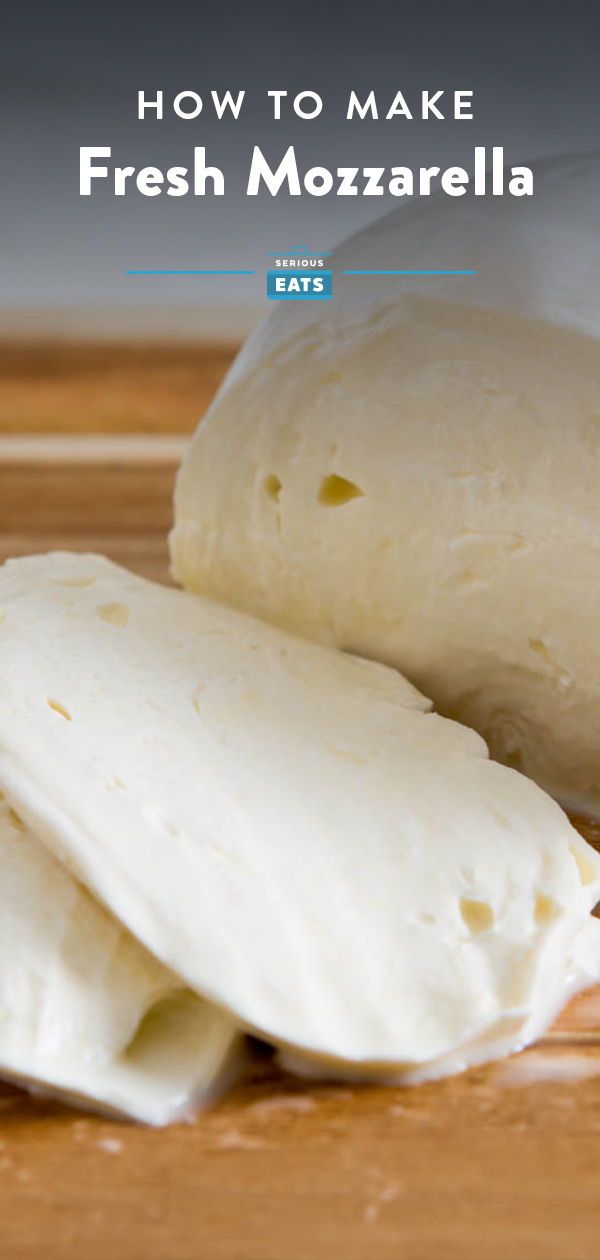
Teens who are pregnant need 1,300 mg per day. With 200 mg per 1-ounce serving, mozzarella can provide a substantial chunk of this mineral.
Mozzarella also shines in its high protein content of 7 grams (g) per 1-ounce serving.
While the current recommended dietary allowance for protein is just 0.8 g per kilogram (kg) body weight (0.35 grams per pound or g/lb), you need more protein when pregnant.
Researchers suggest about 1.2 g of protein per 1 kg body weight (0.54 g/lb) during early pregnancy and about 1.5 g/kg (0.68 g/lb) during the later stages of pregnancy.
A serving of mozz will contribute to protein’s many functions during pregnancy, including creating breast and uterine tissue, increasing your blood supply, and promoting the growth of your baby’s brain.
As cheeses go, mozzarella is a relatively low-sodium option, with approximately 7 percent of your daily value per ounce. If you’re on a low-sodium diet due to preeclampsia or other concerns, a bit of the stretchy stuff can be a smart choice for satisfying that cheese craving.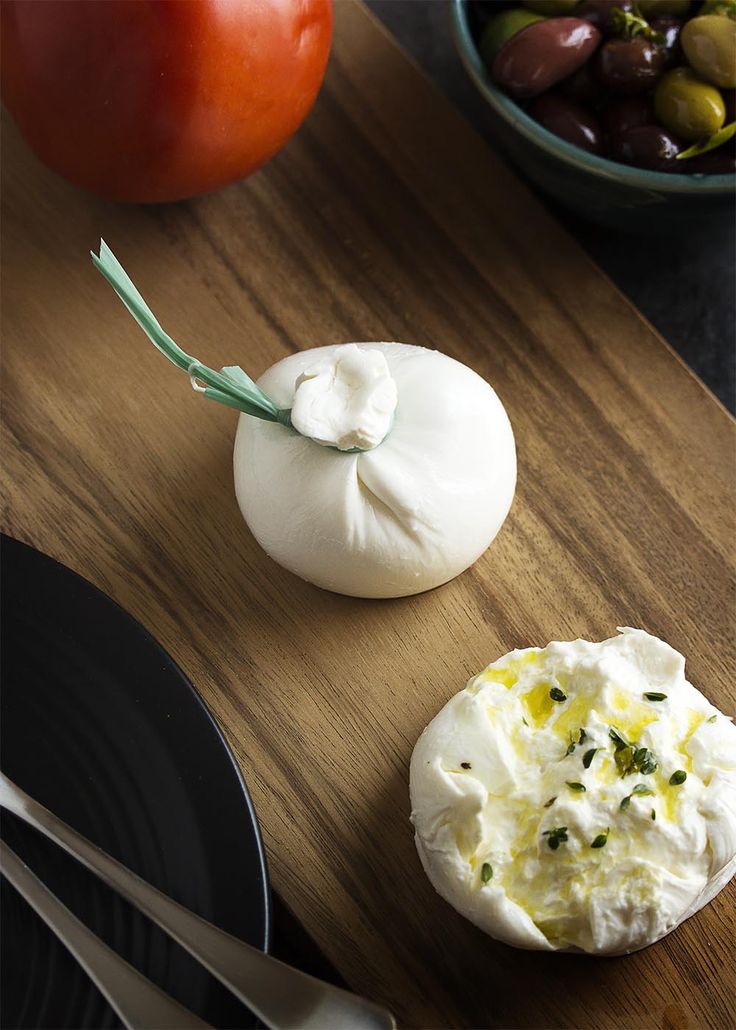
Meanwhile, as a nutrient-dense food, mozzarella is an easy go-to for fulfilling your extra calorie allotment during the second and third trimesters of pregnancy.
And as that stick of string cheese fuels your own healthy weight gain, it might help your baby’s, too.
Studies from 2012 and 2019 showed a positive association between milk and dairy consumption during pregnancy and greater infant birth weight and length.
Like all full-fat dairy, cheese does have more than its fair share of saturated fat.
Whole milk mozzarella contains 4 g of saturated fat per ounce (about 20 percent of the daily value), and even part-skim mozzarella contains 3 g (16 percent of the daily value) per 1-oz serving.
Since saturated fat has been associated with health issues like heart disease and weight gain, you may have concerns about this cheese’s healthfulness. But keep in mind that you need healthy fat sources like cheese during pregnancy.
And intriguingly, some studies have indicated that not all saturated fat is created equal.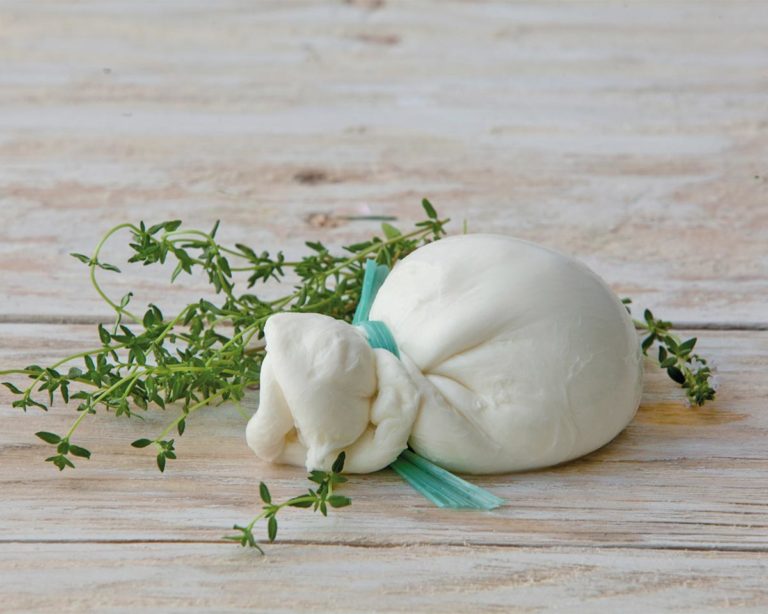 Recent research indicates that whole foods like cheese may have protective health effects, despite their saturated fat content.
Recent research indicates that whole foods like cheese may have protective health effects, despite their saturated fat content.
One 3-week study found that full-fat dairy foods didn’t adversely affect blood cholesterol, glucose, or insulin levels. (Note that this study was funded by the Danish Dairy Research Foundation.)
Another study even showed that eating more cheese led to reduced risk of cardiovascular disease.
As always, talk to your doctor if you have concerns about your diet during pregnancy.
Adding a bit of mozzarella to your pregnancy diet is simple! Try these healthy, low-prep snacks:
- Pair mozzarella slices with a handful of whole wheat crackers or a piece of fresh fruit.
- Make a caprese salad by drizzling balsamic vinegar over sliced mozzarella, tomatoes, and basil leaves.
- Spread marinara sauce on a whole wheat English muffin half. Sprinkle with shredded mozzarella and bake at 400 degrees for 8–10 minutes — you have yourself an easy pizza!
With all the foods off the menu during pregnancy, isn’t it nice to know you can still enjoy the gooey stretch and salty flavor of mozzarella?
Opt for cheese made with pasteurized milk and you’re in the clear to enjoy this savory favorite in pizza, pasta, and cheesy dips.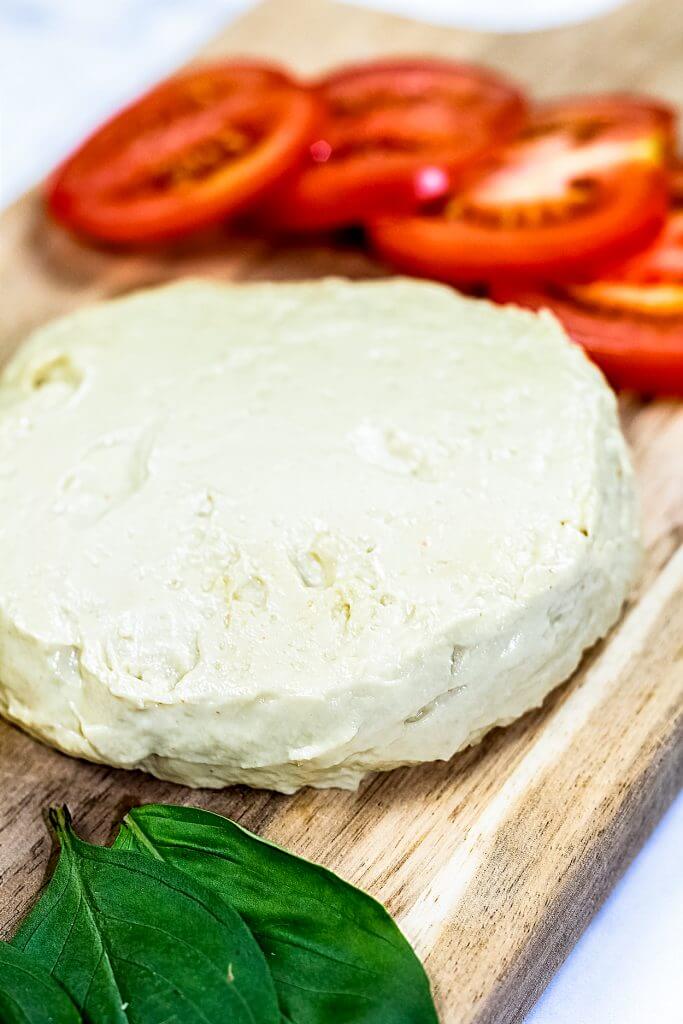
Can Pregnant Women Eat Fresh Mozzarella Cheese? Is It Safe?
Last Updated on August 23, 2021
Mozzarella often tops the list of all-time favorite cheeses in many countries. It’s everywhere: on pizzas, over salads, in sandwiches… so no surprise that if you’re pregnant, you’re probably wondering about whether it’s safe or not for you to continue eating it. Let’s find out!
Can Pregnant Women Eat Mozzarella Cheese? Mozzarella Cheese is safe to eat in pregnancy if it’s been made from pasteurized milk. Mozzarella is a semi-soft cheese, so it’s unsafe when made from raw, unpasteurized milk.
The key here is pasteurization, so that’s the primary thing to look out for. This article covers everything mozzarella, including popular dishes that include it and how you can find out whether it’s pasteurized, too – including pregnancy-safe brands.
Covered in this Article:
Is Mozzarella Pasteurized?
Here’s the kicker with mozzarella: mozzarella is not always pasteurized, depending on where it’s from.
There’s no stipulation that raw, unpasteurized milk can’t be used in making mozzarella. Mozzarella made in the European Union has a Traditional Specialities Guarantee (TSG) attached to its name, but this only specifies it has to be made ‘traditionally’, and doesn’t say whether pasteurized milk should be used (source: Wikipedia).
This means that when you’re pregnant, you should always check that the mozzarella has been made from pasteurized milk. The good news is that it almost always is, outside of Italy.
Mozzarella is designed to be eaten as fresh as possible – usually the day after it’s made. This can only be realistic if you’re in Italy or a neighboring country that can get it super-fresh.
If you’re eating mozzarella produced in your own country outside of Italy, or Italian imported mozzarella, it’s usually made from pasteurized milk, either because the national food regulations say so, or due to the shipping time involved.
Mozzarella Pasteurization In Your Country
Whether mozzarella is likely to be made from pasteurized milk or not depends on where you live (or where the cheese is from).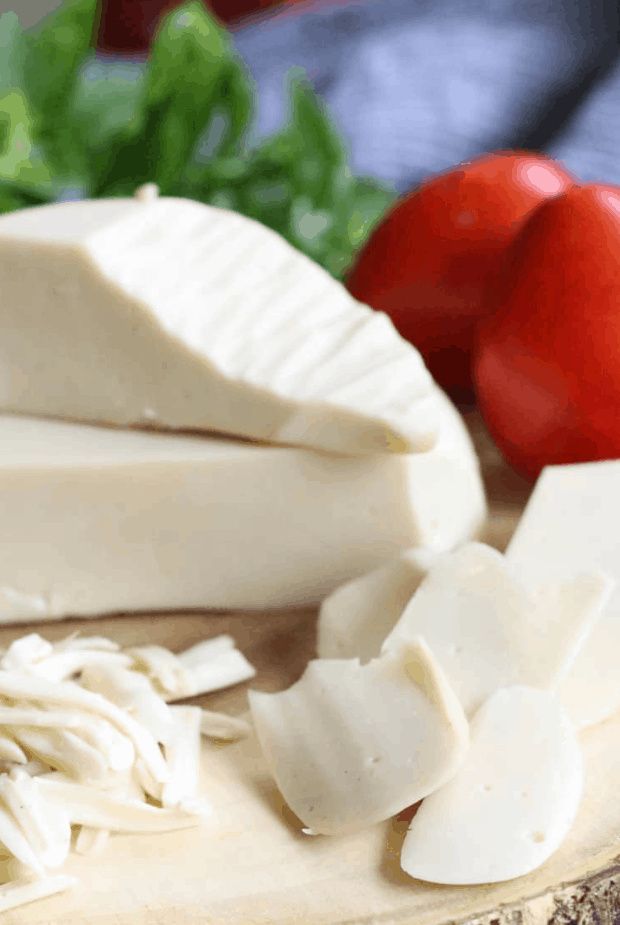
In the USA, the FDA requires that all producers making mozzarella in the United States use pasteurized, not raw milk (source: FDA). Therefore all commercially-produced, USA-made mozzarella cheese is usually pasteurized.
Raw milk is still allowed for sale in many states, though, so very occasionally you might find an artisan, farm-shop type cheese for sale that may use raw milk. This is very rare, however.
It’s a similar story in Australia, where raw milk cheeses AND raw milk are both banned from sale. However, some exceptions and loopholes occasionally pop up. Any commercially-made mozzarella in Australia will be made using pasteurized milk.
In the UK and Europe, raw milk is more prevalent, because it’s used to make so many traditional cheeses and recipes. The law usually requires that unpasteurized milk products should be labeled as such, so if you’re buying mozzarella in Europe, check the label first.
Brands of Mozzarella using Pasteurized Milk
For pregnant women, the easiest option is to avoid ‘artisan’ or home-made style cheeses and opt for commercially-produced and manufactured mozzarella.
This is the type made in a factory, packaged and labeled with a full list of ingredients. Popular mozzarella brands using pasteurized milk are:
- Galbani (this one is sold all over the world)
- Sargento
- Kraft
- Belgioioso
- Di Stefano
- Any own-brand supermarket mozzarella
- Mandara
Can Pregnant Women Eat Buffalo / Bufala Mozzarella?
Whether a mozzarella cheese is made from cow’s milk or buffalo milk makes no difference to its pregnancy safety. Some people prefer one or the other depending on taste, or lactose content.
You can safely eat either cow’s mozzarella or buffalo mozzarella in pregnancy, so long as it’s made from pasteurized milk.
Can Pregnant Women Eat “Raw” Mozzarella Or Should It Be Cooked First?
There’s a bit of confusion around about eating ‘raw’ cold, uncooked mozzarella because it sounds like ‘raw’ is bad. Let’s clear this one up:
Let’s clear this one up:
- Mozzarella is not safe if it’s made from raw milk (that’s unpasteurized milk)
- Mozzarella is safe to eat raw, as in cold, fresh, soft, straight out of the packet and not cooked – if it’s made from pasteurized milk.
A list of common uncooked (and cooked!) mozzarella dishes are given later in this article if you have a particular one in mind that you want to know about.
Other Types of Mozzarella and Whether They’re Safe
Mozzarella has a few different shapes and types. You might have wondered if they’re also safe in pregnancy. Here are a few common ones:
- Burrata (a mozzarella parcel stuffed with cream and mozzarella or Stracciatella) – there’s a whole article dedicated to burrata right here.
- Bocconcini – these are ‘baby mozzarellas’ so the only difference is that they’re very small. Sometimes called mozzarella cherries. Treat them just the same as regular mozzarella when checking if bocconcini is safe for pregnant women.
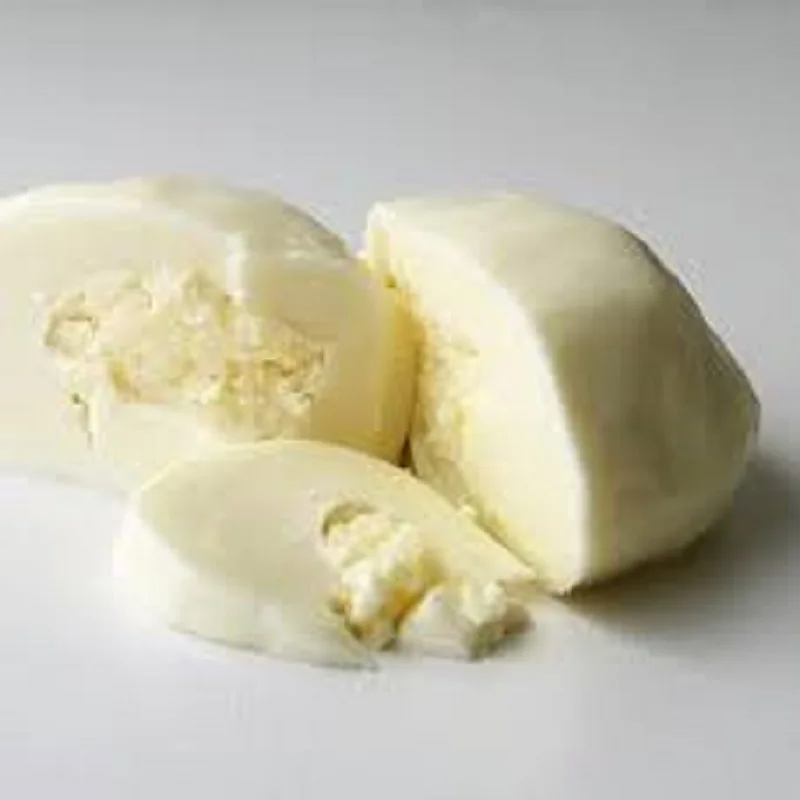
- Mozzarella sticks (sometimes called ‘string cheese’) – these are usually safe in pregnancy as they’re commercially made. Check the label, and if they’re made with pasteurized milk, mozzarella sticks are OK in pregnancy.
Mozzarella Dishes and Their Pregnancy-Safety
Here are a few common dishes featuring mozzarella that you might want to know about when you’re pregnant:
Can Pregnant Women Have Mozzarella on a pizza? Mozzarella on a pizza is safe for pregnant women to eat.
This is for two reasons – commercially-made pizza almost always uses pasteurized milk mozzarella. Additionally, heating up mozzarella would make it safe to eat in pregnancy anyway, since the heat of the pizza oven would kill any bacteria.
If you’re partial to pizza when you’re pregnant, you might find this guide to pizza toppings in pregnancy really useful.
Can I have baked mozzarella if I’m pregnant? Mozzarella that has been baked is fine for pregnant women to eat. It’s common as a cheesy topping to casseroles and melts, and is fine to eat in pregnancy.
It’s common as a cheesy topping to casseroles and melts, and is fine to eat in pregnancy.
Is Mozzarella Healthy for Pregnant Women? What Are the Benefits?
Compared to many other cheeses, mozzarella is lower in calories and sodium as it’s usually eaten fresh. Mozzarella is high in calcium and protein, which are both essential in pregnancy, and it’s also a good source of vitamin B12 and phosphorus (source: Nutrition Data).
Mozzarella also contains probiotic properties (source: PubMed) thanks to its milk content. It’s one of the ways to eat probiotics naturally, according to the American Pregnancy Association (source: APA).
That said, mozzarella is still a cheese often made from whole milk, so it does contain saturated fat (around 11g per 100g, which is 55% of a regular daily intake) (source: USDA) so it should be eaten in moderation.
It’s a great way of pepping up salads or making a “cheesy” bake without resorting to other, higher-fat options, but obviously, if it’s on a pizza it’s going to add calories and fat.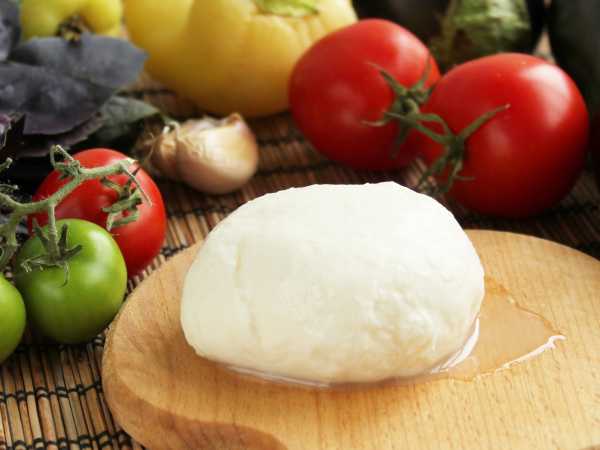 The nutrition of mozzarella really depends on the dish you’re enjoying it in!
The nutrition of mozzarella really depends on the dish you’re enjoying it in!
If you’re a cheese lover, you might also be interested in this ultimate list of cheeses you can – and can’t – eat in pregnancy, too.
| This article has been reviewed and approved for publication in line with our editorial policy. |
What kind of cheese can you eat during pregnancy?
Mozzarella, brie, goat cheese, mascarpone. Sometimes cheeses are a tasty and healthy substitute for pickles during pregnancy. But how useful?
Experts advise against cheese made from raw milk, as it may contain listeria monocytogenes, which is dangerous for the baby. In the worst case, infection leads to premature birth, miscarriage, or intrauterine death before birth. Fortunately, this doesn't happen often.
Why is cheese good for pregnancy?
Cheese is rich in calcium, vitamins B12 and D. Calcium is necessary for the formation of the child's bone mass.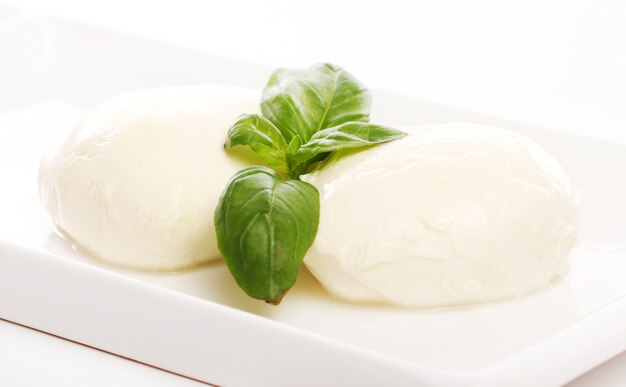 Vitamin D ensures proper absorption of calcium. Most types of cheese contain 25% of the daily value of calcium for a serving of 200 grams.
Vitamin D ensures proper absorption of calcium. Most types of cheese contain 25% of the daily value of calcium for a serving of 200 grams.
Which cheese is forbidden during pregnancy: raw milk cheese
As a rule, such cheeses are not found on store shelves, but if there is any doubt about the origin of the product, consult the seller. Be wary of softer varieties such as Brie, Roquefort and Camembert, as well as blue cheeses.
When you can't refuse cheese made from raw milk, consumption after heat treatment is acceptable, bacteria die when heated from 85 degrees Celsius.
Did you accidentally eat this cheese? The chance of being infected with the Listeria bacterium is very small. The first signs of infection are similar to the manifestations of the flu, consult a doctor to confirm the diagnosis and receive timely treatment.
Which cheese to choose during pregnancy: pasteurized
Pasteurized milk undergoes a rapid heat treatment at the factory, this is enough to deprive the product of all harmful bacteria. Thus, during pregnancy, you can eat mature hard cheeses, such as parmesan, cheddar, dutch. Other cheeses safe during pregnancy:
Thus, during pregnancy, you can eat mature hard cheeses, such as parmesan, cheddar, dutch. Other cheeses safe during pregnancy:
- Pasteurized soft cheeses: camembert, brie, cream brie, mozzarella.
- All pasteurized blue cheeses.
- Goat cheese. Listeria is rarely found in goat cheese, probably due to a certain substance in the composition. Hard goat cheese is safer than soft goat cheese. Reheating goat cheese in the oven certainly makes it safe.
If the cheese is made from raw milk, this must be stated on the packaging.
Mozzarella during pregnancy
Mozzarella is officially a raw milk cheese. Therefore, many women wonder if it is possible to eat it during pregnancy. Usually supermarket mozzarella is safe.
This cheese is warm enough that there is no risk of listeria infection. Please check the packaging before purchasing. If the product is pasteurized, it can be eaten as usual.
Would you like a mozzarella salad? Specify what milk it is based on: pasteurized or cheese.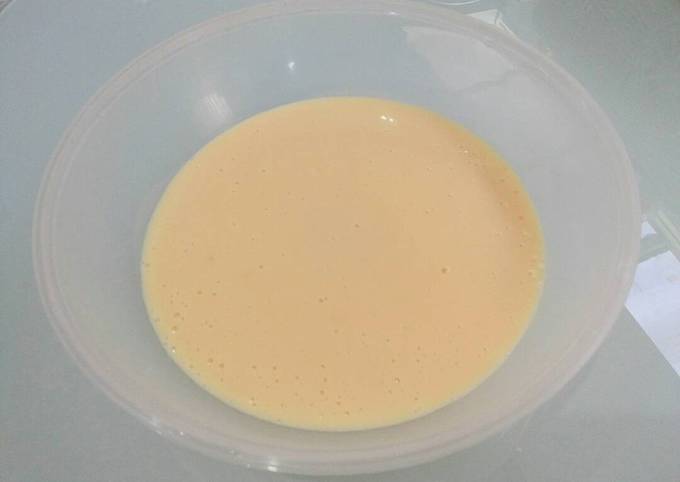 If it is a heated form, such as for pizza, you can eat it without worry.
If it is a heated form, such as for pizza, you can eat it without worry.
Is it possible to eat goat cheese
There are different types of goat cheese: hard and soft. The solid version is made from pasteurized milk. Soft goat cheese is not always safe during pregnancy as it contains raw milk where bacteria can breed.
Cheese fondue during pregnancy
Would you like a delicious cheese fondue? It's possible. The cheese is heated, which kills the bacteria. Just in case, go to a cheese shop and indicate that you are pregnant, the sellers will make sure that the grated cheese is safe for you. Remember the dangers of alcohol, which should not be on your menu.
Hard cheeses
For reference, 95 percent of all hard cheeses - whether made from pasteurized milk or not - can be considered safe to eat during pregnancy. According to nutrition experts, hard cheeses don't contain as much water as soft cheeses, making it harder for bacteria to survive..jpg) The following hard cheeses are safe to eat:
The following hard cheeses are safe to eat:
- Parmesan cheeses
- Pecorino, but hard kind
- Gruyere
- Cheddar
- Gouda Cheese
- Emmental
- Edam
- Dutch Farm Cheese
- Manchego.
All soft pasteurized cheeses
Below is a list of soft cheeses made from pasteurized milk.
- feta
- Cream cheese
- Ricotta
- Soft cheese
- Specially prepared cheese spread.
Cheesecake while pregnant
Can I eat cheesecake while pregnant? Cheesecake is usually made with monchou or cream cheese. This cheese is pasteurized and can be eaten as usual, but be aware of the amount of sugar so as not to harm your health.
Pregnancy cheese intake: table
| Which cheese is unsafe? | Raw milk hard and soft cheeses such as camembert, brie, gorgonzola, mozzarella, soft goat cheese, roquefort Other dairy products made from raw milk, such as yogurt or cottage cheese. |
| Why not? | Listeria monocytogenes may be present because raw milk is not heated. |
| How can you eat these foods? | Raw milk is safe after boiling. You can also eat raw milk cheeses after they have been properly heated, for example in a baking dish. |
| What is generally safe? | All pasteurized cheeses not containing raw milk. Pasteurized milk, any milk in the supermarket. |
Share with your friends in any way convenient for you!
Related posts
Migraine during pregnancy: how to treat, preventive measures
Treatment of migraine during pregnancy is complicated by the position of the woman, but the right actions will prevent the problem and alleviate the condition. Signs Migraine is more severe than a headache. The sensitivity of the nervous system increases, everything irritates, any sound ...
Share with your friends in any way convenient for you!
Visual impairment during pregnancy: hormones are to blame
During pregnancy, even healthy women can suffer from visual impairment, which is to blame for the overproduction of the hormone relaxin, which rises up to 20 times during this period.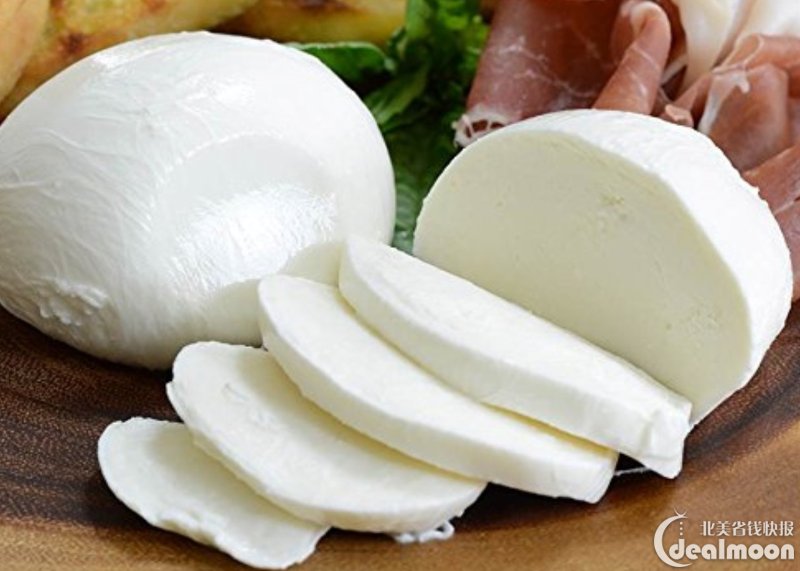 Hormones are the main reason…
Hormones are the main reason…
Share with your friends in any way convenient for you!
Heartburn during pregnancy: how to avoid
Heartburn during pregnancy worries more than half of women and has a negative impact on overall well-being. We suggest that you familiarize yourself with the most well-known causes, because, as you know, it is easier to solve a problem if you know its roots. Factors…
Share with your friends in any way convenient for you!
Neural tube defect of the fetus: causes, diagnosis, how to prevent
Neural tube damage is formed in the first weeks of pregnancy, the cause of what is happening is genetic and environmental factors. Consumption of folic acid at the beginning of a new life can reduce the risk of disease by ...
Share with friends in any way convenient for you!
Amnioinfusion and amnioreduction: what is it for, risks of procedures
These medical procedures are aimed at maintaining the health of the baby and mother.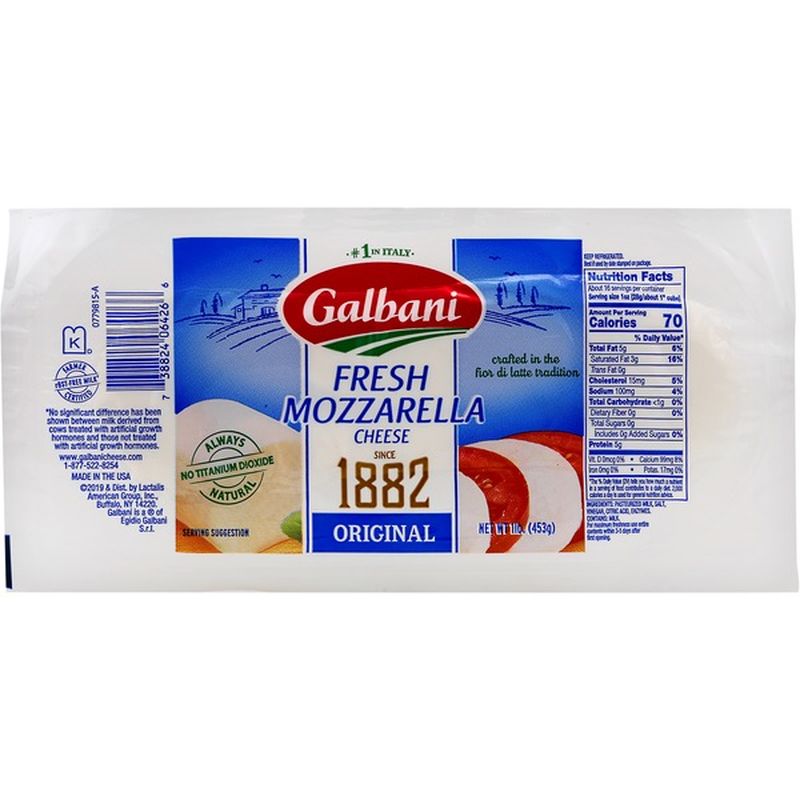 They are used to normalize the amount of amniotic fluid. Amnioinfusion Amnioinfusion normalizes the fetal heart rate during childbirth with a reduced number of…
They are used to normalize the amount of amniotic fluid. Amnioinfusion Amnioinfusion normalizes the fetal heart rate during childbirth with a reduced number of…
Share with your friends in any way convenient for you!
What Herbs to Consume During Pregnancy
Most popular herbs are safe during pregnancy as long as they are consumed in moderation. You can add them to drinks, soups and salads without any health risks, however, it is important…
Share with your friends in any way convenient for you!
Is it possible to eat cheese during pregnancy?
Cheese is a tasty and healthy product, beloved by many. That is why the statement of some doctors that any cheese is strictly forbidden to women during pregnancy can seriously spoil the mood. However, you should not despair - if you dig deeper, it turns out that everything is not so categorical. Below we will understand what are the benefits and harms of cheeses for pregnant women.
Which cheeses should be avoided during pregnancy? These are unpasteurized cheeses, which may contain Listeria monocyotogenes, the bacterium that causes listeriosis.
 Acute infectious disease is severe and is accompanied by chills, high fever, muscle pain, nausea and vomiting. Such a severe clinical picture can lead to a miscarriage or the development of severe pathologies in the fetus - given this, it is necessary to be extremely selective in choosing cheeses during childbearing.
Acute infectious disease is severe and is accompanied by chills, high fever, muscle pain, nausea and vomiting. Such a severe clinical picture can lead to a miscarriage or the development of severe pathologies in the fetus - given this, it is necessary to be extremely selective in choosing cheeses during childbearing. The infectious bacterium lives in unpasteurized cheeses made from sheep's and goat's milk that have not undergone heat treatment. We are talking about soft types of cheese and varieties with mold: dor blue, brie, camembert, cambonzola, etc. Also at risk are cheeses with blue mold: Roquefort, Gorgonzola, Savoy cheese. Such products contain a lot of liquid and little acid, which is the most favorable environment for the development of Listeria monocyotogenes.
Why mold is harmful when carrying a child
In addition to the risk of getting sick with listeriosis, eating delicious marbled cheeses, you run the risk of experiencing all the delights of the impact on the body of "noble" mold.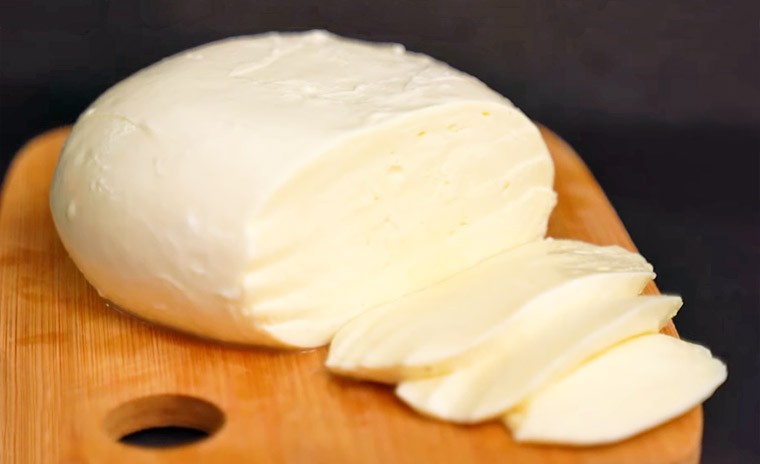 So, valuable blue mold, which gives cheeses such a refined taste, endows the product with a number of side qualities. Being a pure antibiotic, mold kills the beneficial microflora that inhabits the body, which can cause intestinal dysbacteriosis and disrupt the digestive tract.
So, valuable blue mold, which gives cheeses such a refined taste, endows the product with a number of side qualities. Being a pure antibiotic, mold kills the beneficial microflora that inhabits the body, which can cause intestinal dysbacteriosis and disrupt the digestive tract.
An imbalance of water and lactic acid in moldy foods can lead to the growth of fungus in the body, which is also highly undesirable for a pregnant woman who is already in a vulnerable state. Given the foregoing, doctors strongly recommend abandoning "live" cheeses for the period of bearing a child.
Which cheeses are safe for pregnant women? Under the influence of high temperature and careful processing, pathogenic bacteria die, making the cheese not only tasty, but also safe. Such cheeses include: gouda, maasdam, parmesan, cheddar, Poshekhonsky, etc. - all of them will not harm a pregnant woman, since the environment favorable for the life of bacteria is destroyed during high temperature processing.
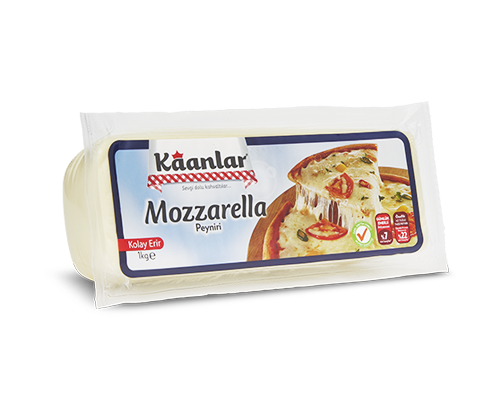 Eating hard cheeses, you will get the whole range of nutrients, saturate the body with calcium and, in addition, diversify your diet with a delicious product.
Eating hard cheeses, you will get the whole range of nutrients, saturate the body with calcium and, in addition, diversify your diet with a delicious product. There is also good news for lovers of soft cheeses: there are varieties that pregnant women can safely include in their diet. These include delicious varieties such as feta, philadelphia, mascarpone, cottage cheese, goat cheese without rind (pasteurized), processed cheeses, etc. The technology for the production of such cheeses involves heat treatment, during which bacteria die. With soft cheeses, you can create various dishes, including delicious and healthy desserts - what could be better for a pregnant woman!
When to start eating moldy soft cheeses
Once your baby is born and the breastfeeding period is over, you can enjoy the full range of cheeses, including the gourmet blue mold varieties. Soft cheeses from Zhukovka are rightfully considered one of the best. Accurate adherence to production technology, verified to the gram of the recipe - all this allows you to make truly gourmet cheeses.